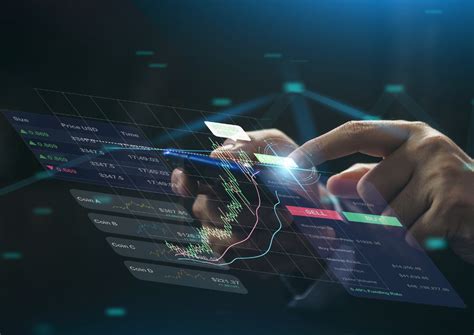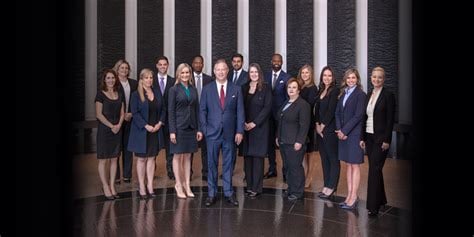
- Introduction
- What Are Futures in Forex?
- Benefits of Trading Futures in Forex
- Key Features of Futures in Forex
- Table: Key Differences Between Futures and Spot Forex
- Conclusion
-
FAQ about Futures in Forex
- What are futures in forex?
- What is the difference between futures and forwards?
- What currencies are available in futures contracts?
- What is the size of a forex futures contract?
- How are futures prices determined?
- What are the benefits of trading futures in forex?
- What are the risks involved in trading futures?
- How can I start trading futures?
- Are futures suitable for all traders?
- What are some common strategies for trading futures?

Introduction
Greetings, readers! Today, we embark on a comprehensive exploration of futures in forex, a topic that can potentially unlock new opportunities for savvy traders like yourselves. In this extensive article, we’ll delve into every nook and cranny of these financial instruments, equipping you with the knowledge to navigate the dynamic world of futures trading. So, buckle up and prepare to expand your trading horizons.
What Are Futures in Forex?
Futures in forex are standardized contracts that obligate buyers to purchase a specific currency pair at a predetermined price on a set future date. These contracts are traded on futures exchanges and provide traders with a platform to speculate on future currency movements. Unlike spot forex trading, which involves the immediate settlement of trades, futures contracts offer the flexibility to lock in a future exchange rate while mitigating the risk of price fluctuations.
Benefits of Trading Futures in Forex
Hedging
Futures in forex offer an effective hedging strategy against foreign exchange risk. Businesses and individuals with upcoming currency-related obligations can use futures contracts to offset potential losses due to unfavorable currency movements.
Speculation
Futures also provide an exciting opportunity for speculation. Traders can speculate on the direction of currency movements by buying or selling futures contracts, potentially profiting from market fluctuations.
Key Features of Futures in Forex
Standard Contracts
Futures in forex are traded in standardized contract sizes, ensuring liquidity and transparency in the market. The contract size varies depending on the currency pair and exchange but typically involves a significant number of units.
Leverage
Futures require traders to post margin, which acts as a deposit to secure the contract. This leverage allows traders to control a larger position with a smaller investment, amplifying potential returns but also increasing risk.
Settlement
Futures contracts expire on a specified date, at which point the underlying currency pair is exchanged at the agreed-upon price. Traders can either physically deliver the currency or settle the contract in cash.
Table: Key Differences Between Futures and Spot Forex
| Feature | Futures | Spot Forex |
|---|---|---|
| Contract Type | Standardized, futures contract | Immediate settlement |
| Settlement | Specified future date | Immediate |
| Leverage | Available | Not available |
| Hedging | Effective | Limited |
| Speculation | Suitable | Suitable |
| Risk | Higher due to leverage | Lower |
Conclusion
Futures in forex offer a powerful tool for both hedging and speculation in the currency market. Understanding the key features and benefits of futures contracts can empower traders to make informed decisions and maximize their trading potential. As you continue your trading journey, I encourage you to delve deeper into futures in forex and explore other valuable resources on our platform. Remember, knowledge is the key to unlocking success in the ever-evolving world of financial markets.
FAQ about Futures in Forex
What are futures in forex?
Forex futures are standardized contracts that obligate the buyer to purchase and the seller to sell a specified amount of a currency at a predetermined price on a specific future date.
What is the difference between futures and forwards?
Futures and forwards are similar contracts, but futures are standardized and traded on exchanges, while forwards are customized and traded over-the-counter.
What currencies are available in futures contracts?
Major currencies like USD, EUR, JPY, GBP, and CHF are commonly traded in futures contracts.
What is the size of a forex futures contract?
The size of a forex futures contract varies depending on the currency and exchange. For example, a EUR/USD futures contract typically consists of 125,000 EUR.
How are futures prices determined?
Futures prices are based on the spot price and expectations of future supply and demand for the underlying currency.
What are the benefits of trading futures in forex?
Trading futures offers benefits such as leverage, risk management, and the ability to speculate on future currency movements.
What are the risks involved in trading futures?
Futures trading involves risks, including the potential for losses due to price fluctuations, margin calls, and liquidity issues.
How can I start trading futures?
To trade futures, you need to open an account with a futures broker and have sufficient capital to cover margin requirements.
Are futures suitable for all traders?
Futures trading is not suitable for all traders. It requires a good understanding of financial markets, risk tolerance, and capital availability.
What are some common strategies for trading futures?
Some common strategies include trend following, mean reversion, and arbitrage.


